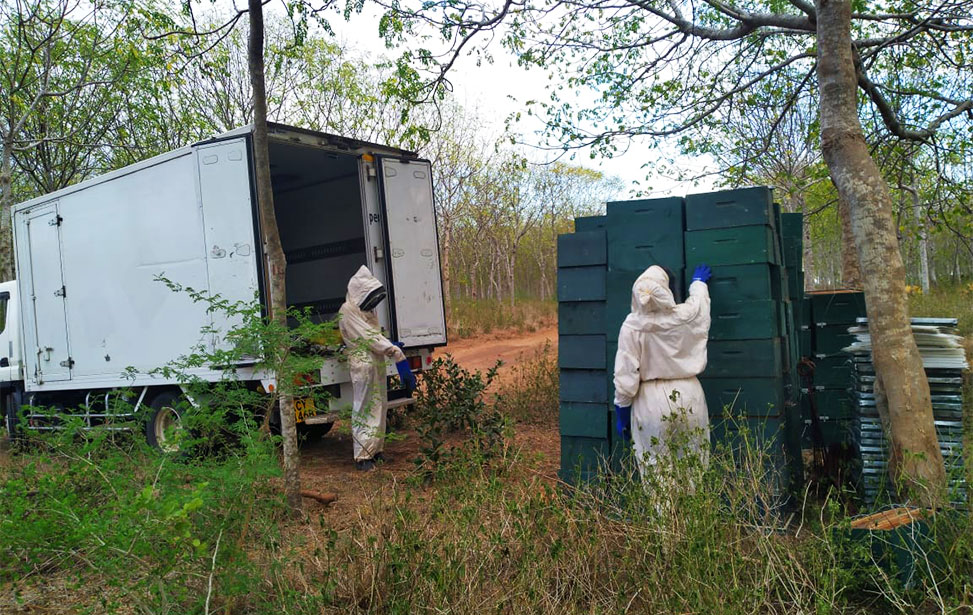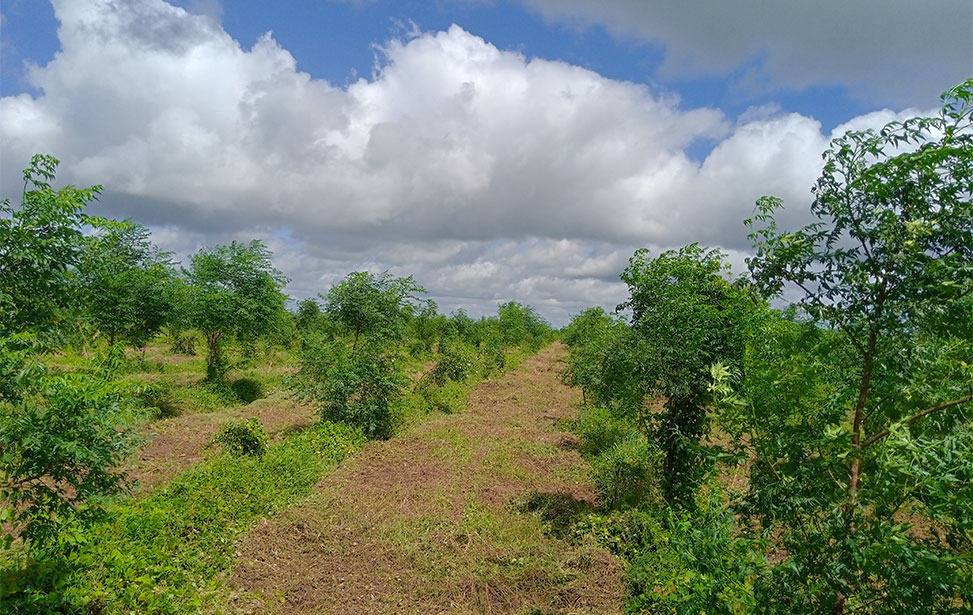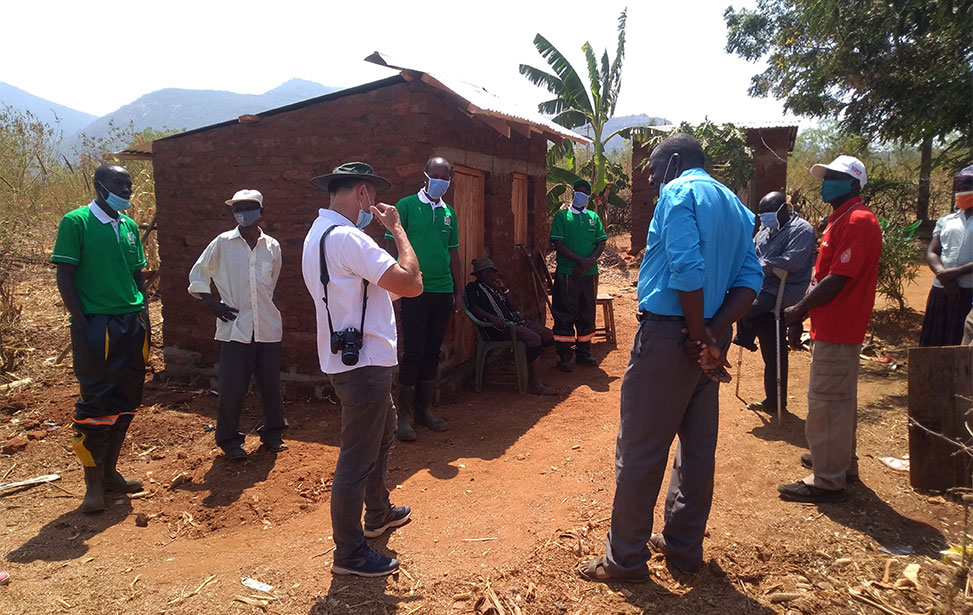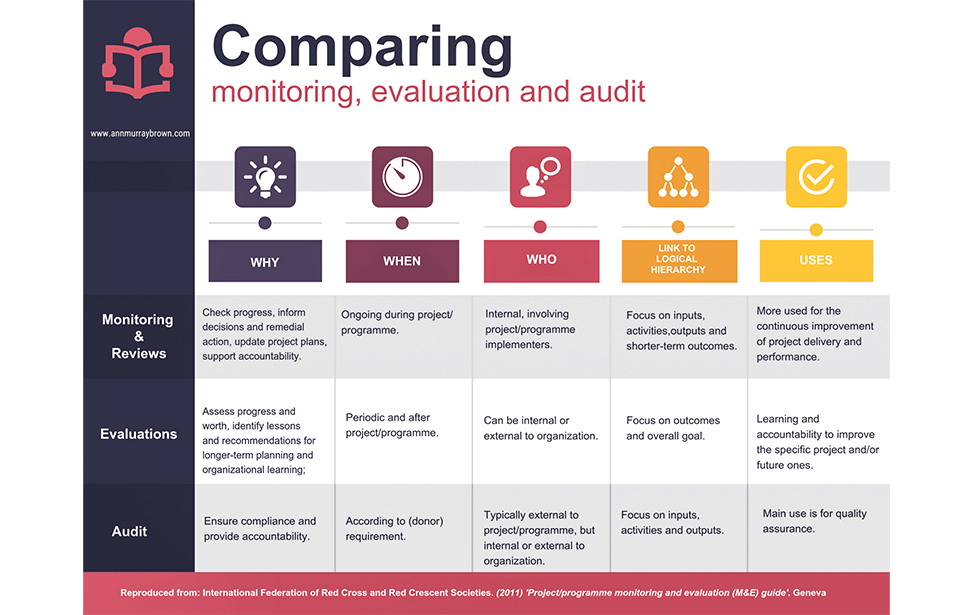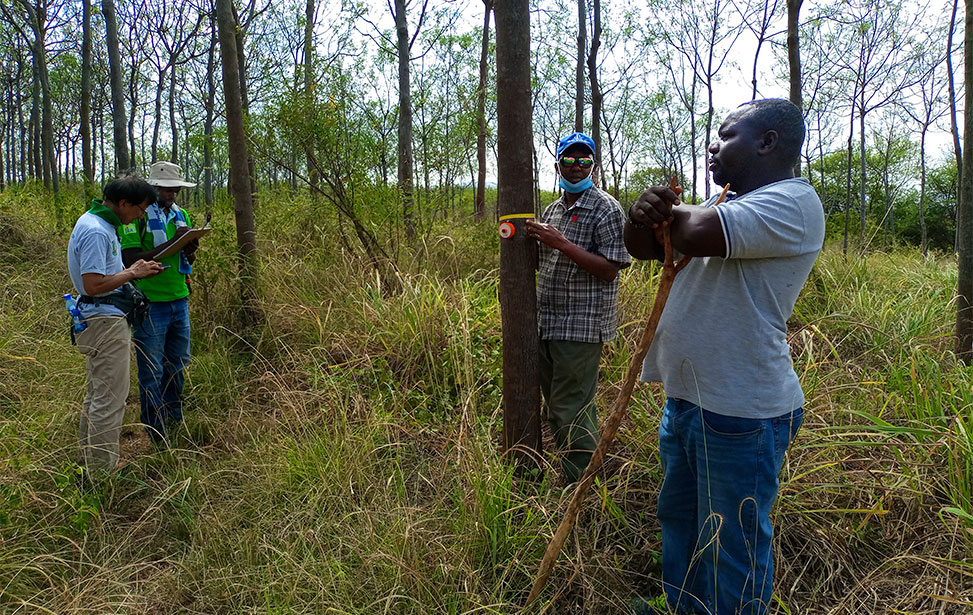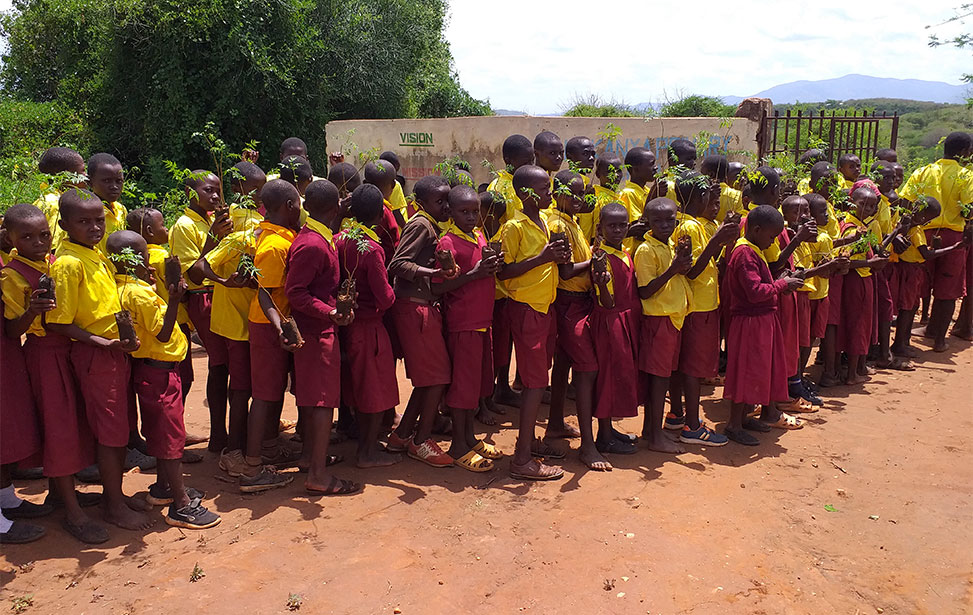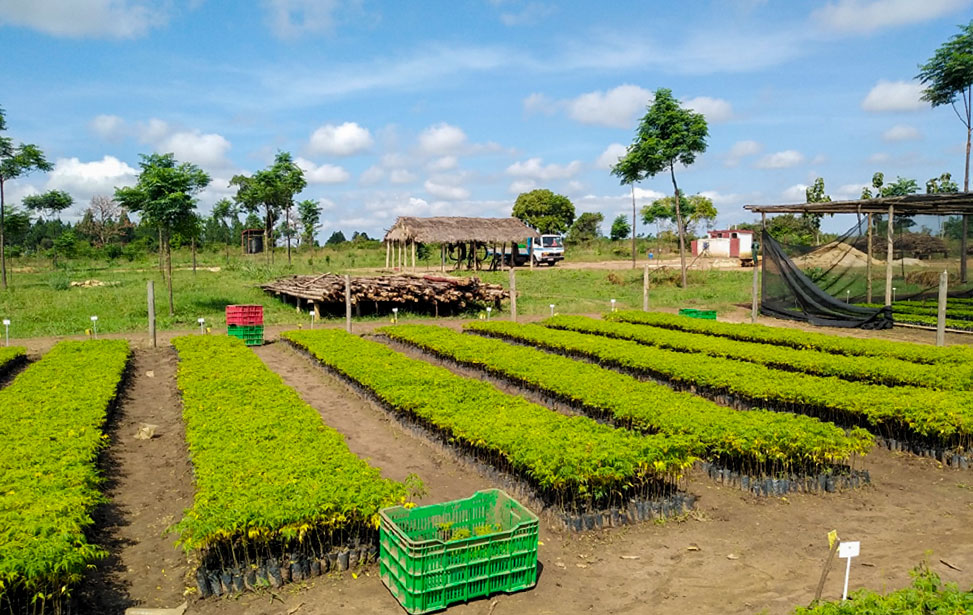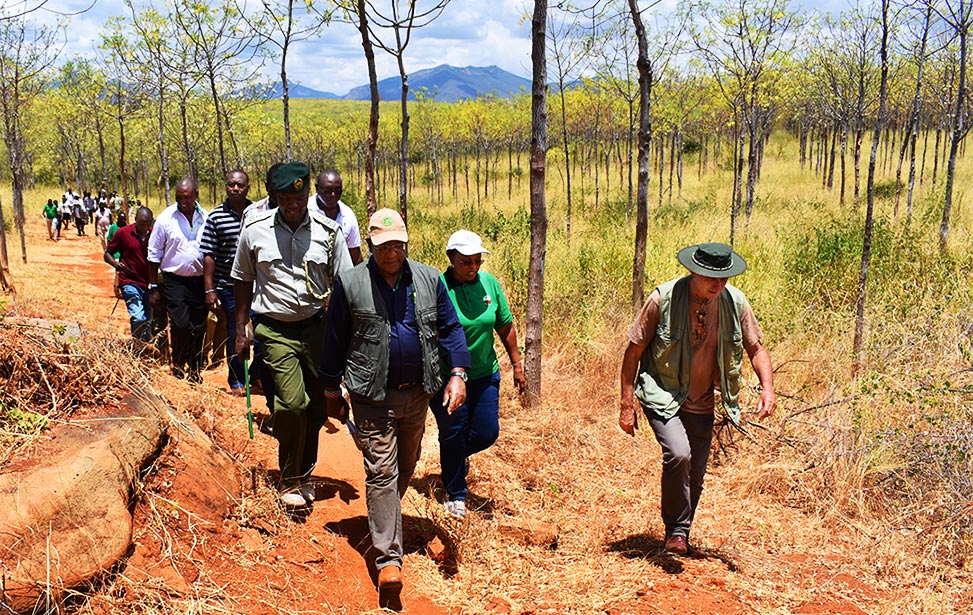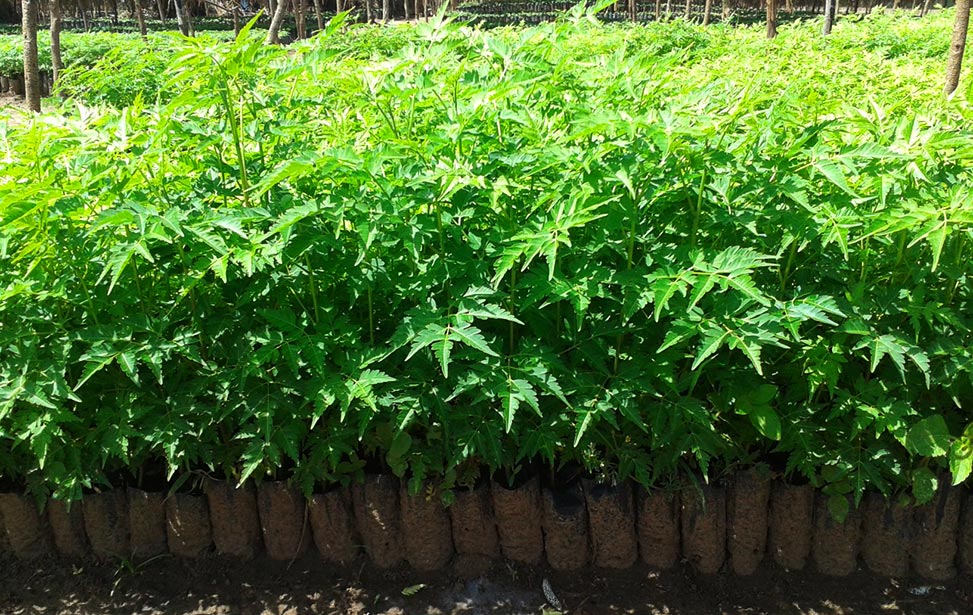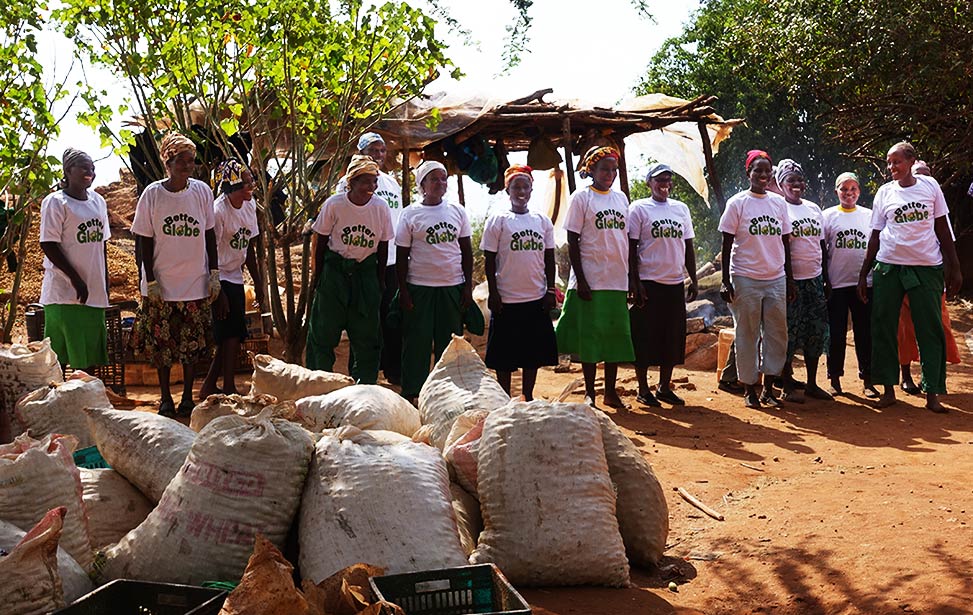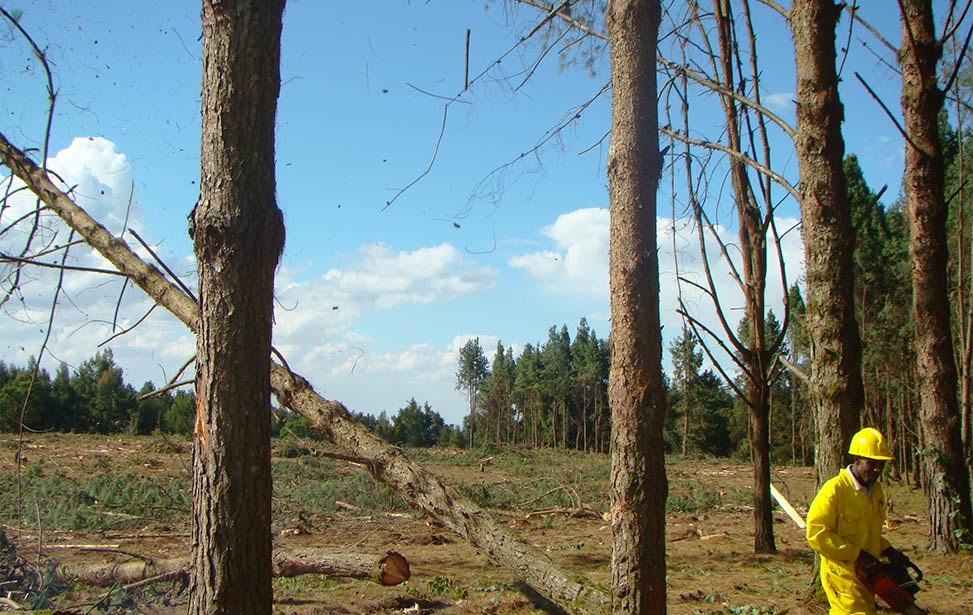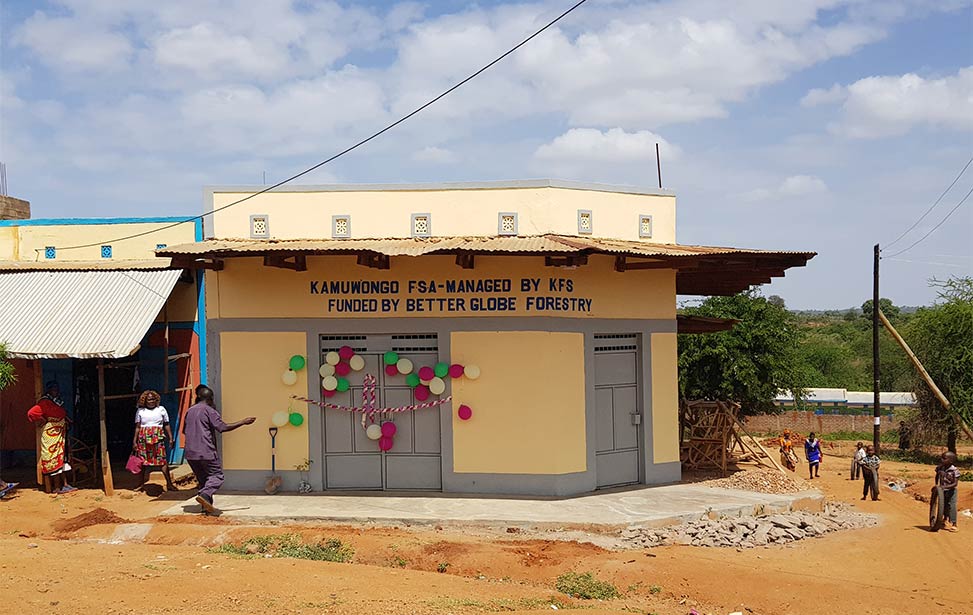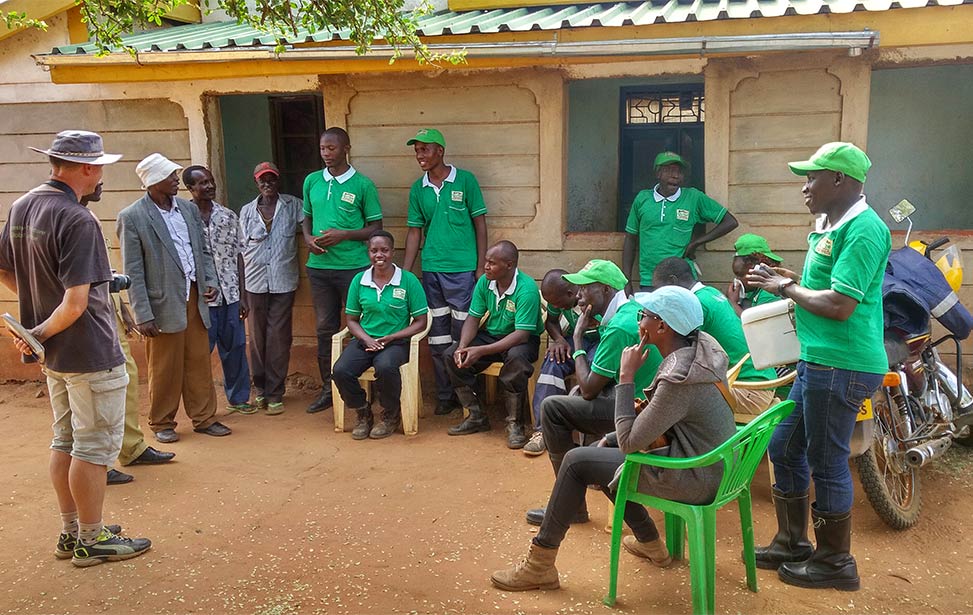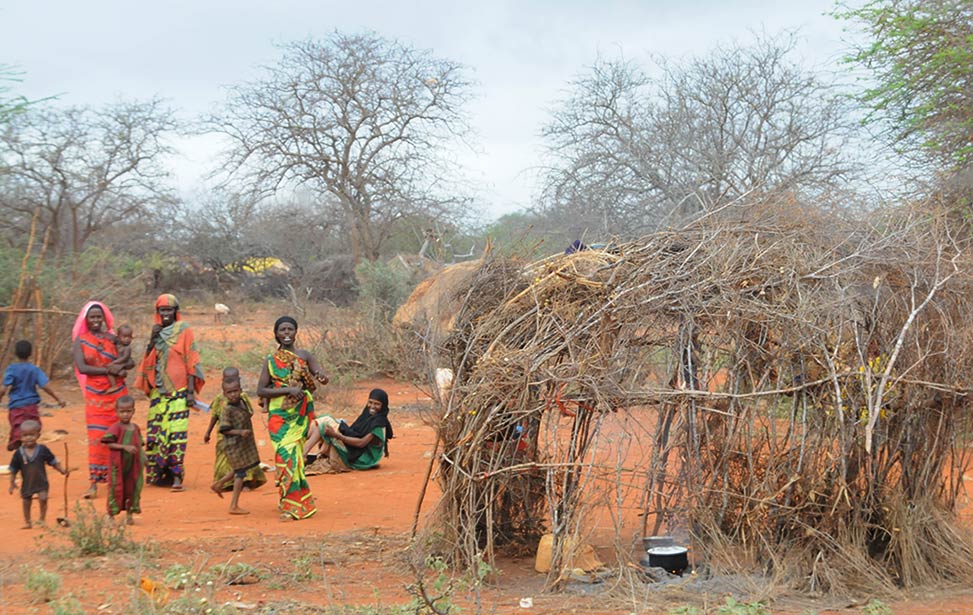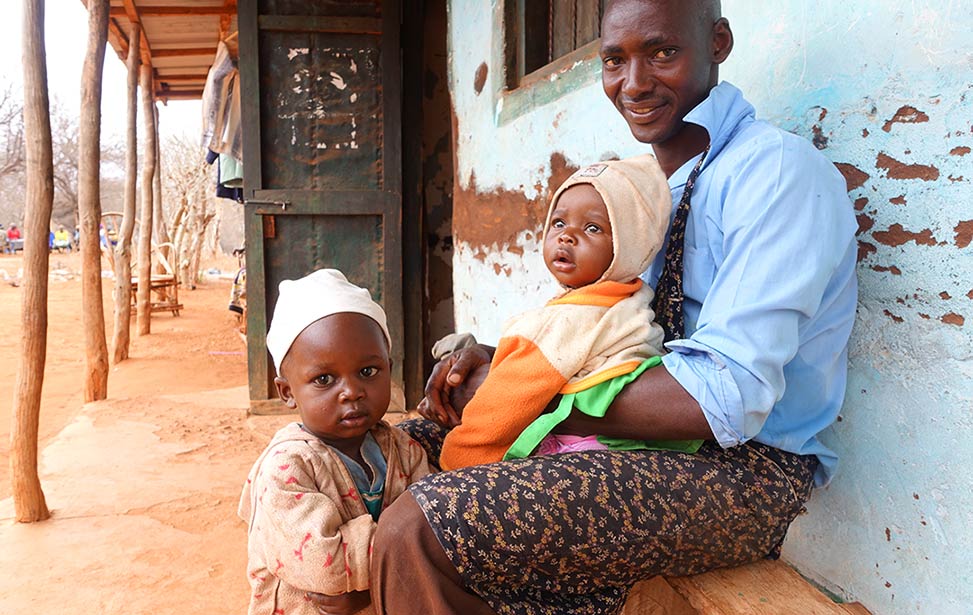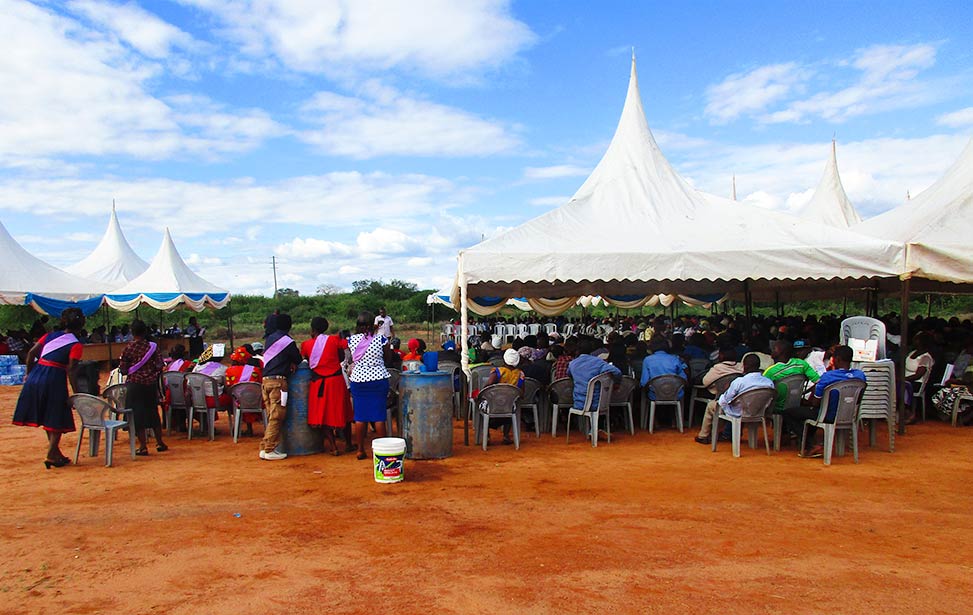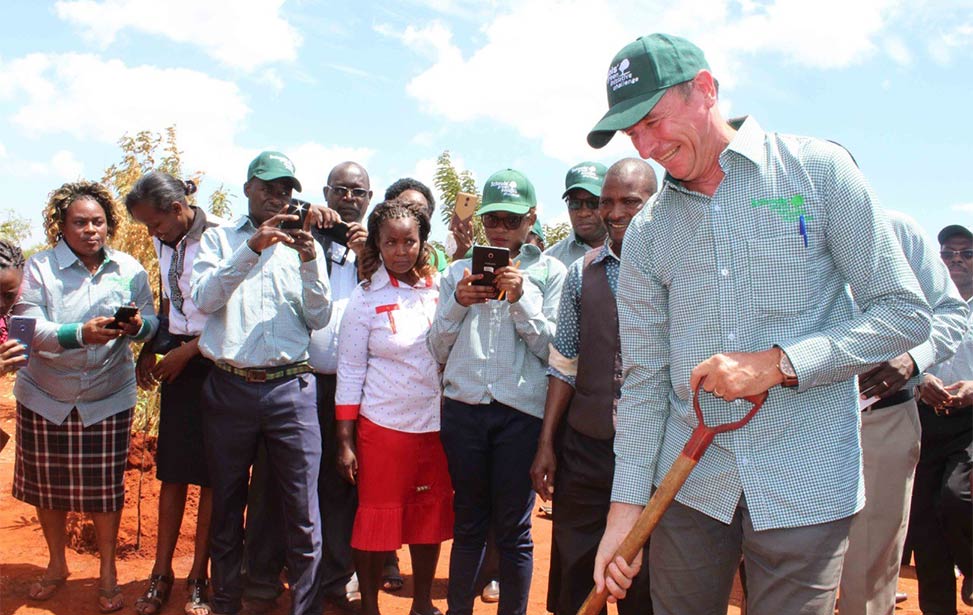
Green Initiative Challenge progress
- Moses Kiprono
- May. 09, 2018
The Green Initiative Challenge (GIC) was launched in October 2013 to benefit 81 schools in the 7-Forks region. The purpose of this project was to help address massive deforestation in the semi-arid areas of Machakos and Embu Counties. In Phase I, the project began working with schools to promote environmental awareness through student and community participation. Phase II involved an expansion portion of the project through a partnership with Better Globe, KenGen, and Bamburi Cement Limited. This phase is a 10-year project to integrate 919 additional schools into the current group. Phase III included 99 new schools from Embu, Machackos, and Kitui counties.
On February 28, Thua, Mashamba, Tulimyumbu and Ngoce Primary Schools were recognized as the top four schools that excelled in Phase II of the GIC schools greening program. Thua Primary School, Kitui County, emerged top with a score of 84 percent while Mashamba Primary School came second, scoring 77 percent. In third place was Tulimyumbu Primary School in Machakos County with a score of 75 percent. Ngoce Primary School from Embu County was recognized in fourth place, scoring 69 percent. Speaking at the award ceremony at Mashamba Primary School was KenGen Foundation Managing Trustee, Mike Njeru, who lauded the efforts of the winning schools: "We encourage you to continue with the innovative measures you adopted over the last three years in order to maintain the beautiful woodlots that you now have.”
The GIC is a program that targets schools around the 7-Forks power stations in Embu, Kitui and Machakos counties to raise environmental awareness. It is also intended to create an involvement of schools and students in improving their environment through a participatory and rewarding initiative.

The project is designed as a challenge to participating schools, mainly due to the dry weather conditions in the areas, with prizes awarded based on the highest survival rate of seedlings and use of innovation. The best performing schools benefit from education scholarships, infrastructural development, water tanks and rainwater harvesting, and cash awards, among others. This encourages school children and communities to sustainably manage the woodlots, which provides the schools with renewable sources of wood fuel, reducing pressure on surrounding vegetation and forest resources.
Implemented by Kengen Foundation, Better Globe Forestry and Bamburi Cement, GIC is a 10- year program that targets to enroll 1,000 schools and greening a total of 460 acres with 324,300 tree seedlings as well as 113,956 fruit seedlings (passion and pawpaw). The program also includes 4-8 capacity building sessions per year for all participating schools and 2 Monitoring and Evaluation sessions per year.

The ultimate goal of the GIC is to raise the awareness and participation of school children in environmental conservation, and ultimately increase the country’s forest cover from the current 7 percent to 10 percent that is recommended by United Nations Environmental Program (UNEP). The project will also contribute to the reduction of greenhouse gases through carbon sequestration, and the control soil erosion by increasing topsoil infiltration and reducing run-off.
During the award ceremony, the partners also announced the launch of GIC Phase IV, which brings on board 100 schools from Kitui, Machakos and Embu Counties. This addition brings the number of schools participating in the project to 400 since its launch. As part of the Phase IV activities, 100 “Green Teachers” and 100 headmasters from the 100 recruited schools underwent a capacity building training on managing and nurturing their woodlots in various centers across the three counties.

